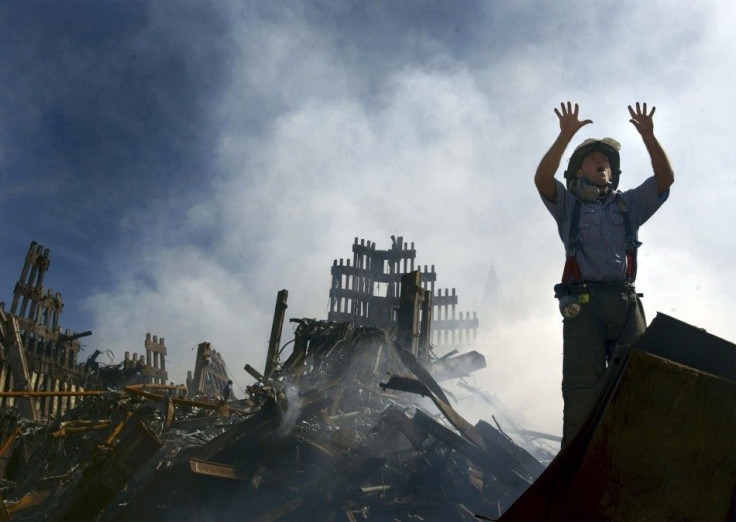WTC Firefighters Face Increased Cancer Risk: Study

New York City firefighters exposed to the 9/11 World Trade Center (WTC) disaster are 19 percent more likely to develop cancer than their non-exposed counterparts, according to a recent study that evaluated the health of 9,853 WTC-exposed and non-exposed firefighters over the seven years following 9/11.
The study, published in the medical journal The Lancet, also found that the incidence of cancer in firefighters who worked at ground zero was 32 percent higher than their counterparts who did not spend time in Lower Manhattan.
Compared with the general male population in the U.S. with a similar demographic mix, the standardized incidence ratios (SIRs) of the cancer incidence in WTC-exposed firefighters was 1·10. When compared with non-exposed firefighters, the SIR of cancer incidence in WTC-exposed firefighters was 1·19 corrected for possible surveillance bias and 1·32 without correction for surveillance bias.
The study showed that the most common types of cancer found in ground zero firefighters include prostate cancer, colon cancer, non-Hodgkin lymphoma and thyroid cancer.
The terrorist attacks on the WTC on Sept. 11, 2001 created an unprecedented environmental disaster in the New York City area. Many first responders, including about 12,500 New York City firefighters, were exposed to potentially hazardous aerosolized dust consisting of pulverized cement, glass fibers, asbestos, lead, polycyclic aromatic hydrocarbons, from the collapsed and burning buildings.
They were also exposed to potentially toxic fumes, initially from burning jet fuel and, during the 10-month recovery effort, from diesel smoke emitted by heavy equipment.
The study was the first effort to assess the incidence of cancer among an entire WTC-exposed cohort-in this case WTC-exposed firefighters.
The study authors compared the cancer incidence rates in WTC-exposed firefighters with cancer incidence in non-exposed firefighters and also with a sample of people selected from the U.S. National Cancer Institute's Surveillance Epidemiology and End Results (SEER) database who resembled the firefighters with respect to age, race and ethnic origin.
When cancer incidence among WTC-exposed male firefighters was compared with cancer incidence in the SEER general-population sample, WTC-exposed firefighters were found to have up to a 10 percent increased risk for all cancers combined.
When the same comparison was made between WTC-exposed and non-exposed New York City firefighters, the cancer risk for the WTC-exposed firefighters, adjusted for surveillance bias, was at least 19 percent higher, based on an excess of 38 cancer cases among the WTC-exposed firefighters.
David Prezant, professor of medicine at Albert Einstein College of Medicine of Yeshiva University, noted that WTC exposure caused chronic inflammation and that such inflammation has been implicated as a risk factor for cancer in experimental and epidemiological studies.
The U.S. will observe the 10th anniversary of the WTC disaster on Sept. 11, 2011. On Sept. 11, 2001, al-Qaeda terrorists destroyed a complex of seven buildings featuring landmark twin towers in Lower Manhattan, killing nearly 3000 people. The WTC site is being rebuilt with five new skyscrapers and a memorial to the casualties of the attacks.
© Copyright IBTimes 2024. All rights reserved.





















